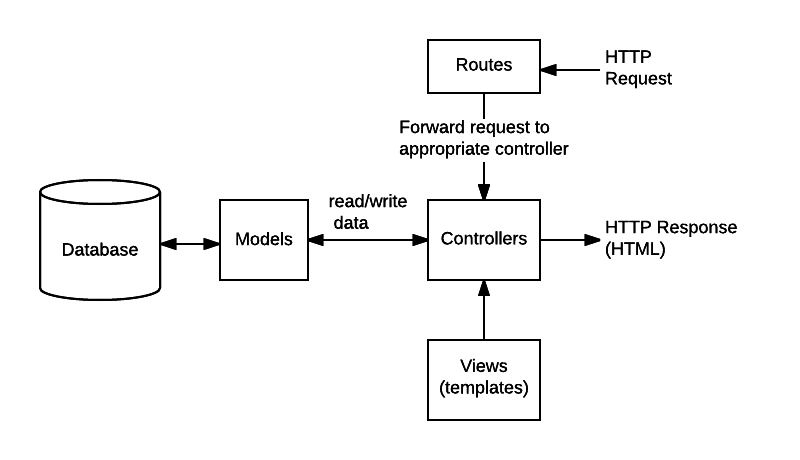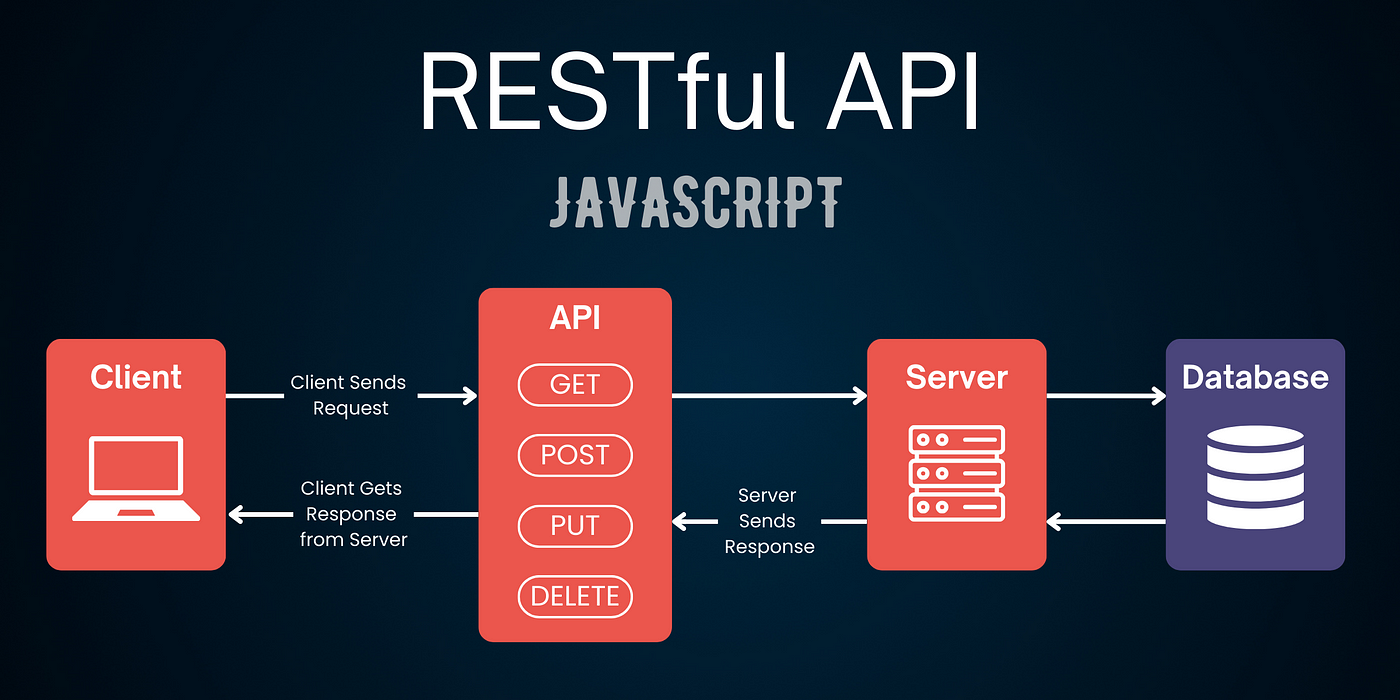Introduction to Express.js: Key Facts, Uses, and Applications
What is Express.js?
Express.js is one of the most popular web application frameworks for Node.js. It’s designed for building web applications and APIs in a fast and flexible manner. Express sits on top of Node.js, which means it utilizes the power and efficiency of Node.js, but simplifies the development process with intuitive, easy-to-use methods. It is also considered lightweight, making it an excellent choice for developers looking for minimalistic solutions.

Key Facts about Express.js
-
Minimal and Flexible: Express is often referred to as a "minimal" web framework. It provides a simple interface without hiding the flexibility of Node.js. You have more control over the code structure and behavior compared to larger frameworks like Django or Rails.
-
Middleware-Based Architecture: Express makes heavy use of middleware. Middleware functions are executed sequentially to handle requests and responses. This allows developers to break their application logic into smaller, reusable components.
-
Full Integration with Node.js: Express works seamlessly with the Node.js runtime, leveraging its non-blocking I/O and event-driven architecture to handle thousands of requests concurrently.
-
Highly Customizable: Express is unopinionated, which means there’s no rigid way to structure your application. Developers are free to structure their projects in a way that makes the most sense for their needs.
-
Community and Ecosystem: As one of the most popular Node.js frameworks, Express has a large and active community. This means that developers have access to a wealth of libraries, plugins, and tools to extend and customize their applications.
How Express.js Works
At its core, Express.js helps developers manage server-side routing, handle requests, and send responses in an organized way. It provides a thin layer of fundamental web application features, without obscuring Node.js's core functionality.
-
Routing: Routing in Express defines how an application’s endpoints (URIs) respond to client requests. Express provides HTTP methods like
GET,POST,PUT, andDELETEto handle different types of requests. -
Middleware: Middleware in Express is used for handling various tasks such as authentication, logging, request body parsing, etc. Middleware can be globally applied or restricted to specific routes.
-
Templating: Express integrates easily with templating engines like Pug, EJS, or Handlebars, enabling dynamic generation of HTML pages.
Uses of Express.js
Express.js is widely used in web development, particularly for building:
1. Single-Page Applications (SPAs)
SPAs are web applications that load a single HTML page and dynamically update the content as the user interacts with the app. Express can serve SPAs by rendering the initial HTML and handling API requests for dynamic content updates.
2. RESTful APIs
Express is a great choice for building REST APIs, due to its simplicity and ability to handle various HTTP requests. REST APIs allow communication between different systems over the web and are critical for modern web and mobile apps.
3. Real-Time Applications
Paired with WebSockets or libraries like Socket.io, Express can be used to build real-time applications like chat apps, live notifications, and collaborative tools. This is achieved through its fast event-driven architecture.
4. E-commerce Websites
Express can be used for building secure, scalable e-commerce platforms. It integrates well with databases like MongoDB or MySQL, which makes it suitable for managing inventory, user accounts, and transactions in online stores.
5. Microservices Architecture
With its lightweight structure, Express is often used to build microservices. This allows different parts of an application to run independently while communicating with each other, increasing modularity and scalability.

Real-World Applications of Express.js
Several prominent companies and organizations use Express.js to build robust web applications and APIs:
-
Uber: One of the world’s largest ride-hailing companies, Uber uses Express.js for their web applications and backend services.
-
IBM: IBM leverages Express.js for various applications in their cloud services. Their open-source initiative, StrongLoop, also uses Express for its API development platform.
-
Accuweather: The weather forecast service uses Express to build fast, efficient APIs that handle large volumes of data and requests.
-
PayPal: PayPal adopted Express.js for part of their web stack, taking advantage of Node.js’s non-blocking, asynchronous nature and Express's simplicity.
Express.js in Combination with Other Technologies
Express is often paired with various tools and technologies, creating powerful, feature-rich applications. Common combinations include:
-
Express + MongoDB + Mongoose: For building full-stack applications with NoSQL databases.
-
Express + Socket.io: For creating real-time applications like chat services or live updates.
-
Express + JWT (JSON Web Tokens): Used to build authentication and authorization systems in a secure, stateless manner.
Why Use Express.js?
Express.js simplifies the web development process without sacrificing the power of Node.js. Its lightweight nature, flexibility, and large ecosystem make it ideal for a wide range of applications, from small personal projects to large-scale enterprise-level applications.
Benefits of Using Express.js
-
Fast Development: Due to its minimalistic nature, developers can quickly prototype and build web applications.
-
Scalable Architecture: Whether you're building a small website or a complex web application, Express.js can easily scale to meet your needs.
-
Large Community Support: With its popularity, you will always find resources, tutorials, and third-party packages to solve most challenges you might face.
Conclusion
Express.js remains a vital part of the modern web development stack, especially in the world of Node.js. Whether you're building APIs, web apps, or real-time services, Express provides a simple yet powerful toolkit that enables developers to build and scale quickly. Its versatility ensures that it can be integrated into a wide range of projects, making it an essential framework for any web developer to master.
Popular posts




